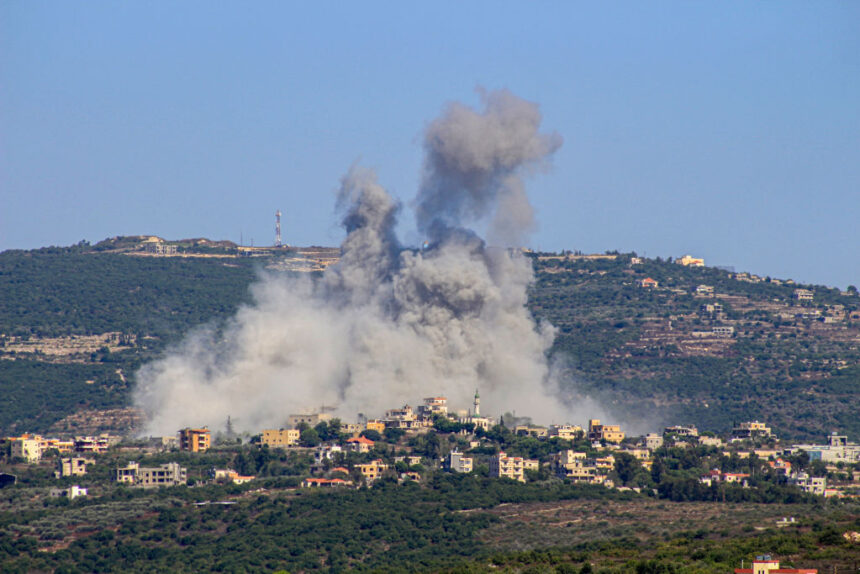Senator Penny Wong is also stressing the importance of Australians leaving Lebanon immediately.
In the midst of escalating tensions in the Middle East, Prime Minister Anthony Albanese has joined the chorus urging Australians in Lebanon to return home as soon as possible.
This call comes following an Israeli drone strike in Beirut that resulted in the death of a top Hezbollah commander, as well as another strike in Iran that killed Hamas leader Ismail Haniyeh. These events have raised concerns about a potential broader escalation amid Israel’s conflict in Gaza.
During an interview on Sydney’s 2DayFM, Albanese expressed deep concern about the growing conflict.
“For Australians considering travel to Lebanon, please reconsider your plans. Specifically, for those with family in Lebanon, we have issued a statement urging them to come home as Beirut airport may soon become inaccessible,” he stated.
Albanese also highlighted the looming threat of increased conflict, stating, “Hezbollah poses a significant military threat. If a conflict erupts between Israel and Hezbollah, it will only compound the crisis in the Middle East, and we are extremely worried.”
Foreign Affairs Minister Penny Wong reiterated these concerns in a video message on X (formerly Twitter), urging Australian citizens in Lebanon to evacuate immediately.
“Now is the time to depart,” Wong emphasized on July 31, cautioning about the potential for rapid escalation and the potential closure of Beirut airport.
She also mentioned that the Australian government may not be able to provide assistance to citizens if the situation deteriorates further.
Smartraveller, managed by Australia’s Department of Foreign Affairs and Trade (DFAT), updated its advisory on July 29, maintaining its recommendation against travel to Lebanon and advising Australians in the country to leave immediately while commercial flights are still operating.
This updated warning came after a rocket attack in the Israeli-occupied Golan Heights and flight disruptions in and out of Beirut due to insurance risks.
Smartraveller initially changed the travel advice to Lebanon to “do not travel” on October 19 due to the volatile security situation in the region.
The recent escalation included a rocket strike that hit a soccer field in a village in the Israeli-occupied Golan Heights, resulting in at least 12 fatalities and more than 20 injuries.
Flights to and from Beirut were either cancelled or delayed, with Lebanon’s Middle East Airlines (MEA) attributing the schedule disruptions to insurance concerns.
According to Lebanese network Tele Liban, the attack led to seven deaths and 78 injuries, as reported by the civil defence authority.
Source link





